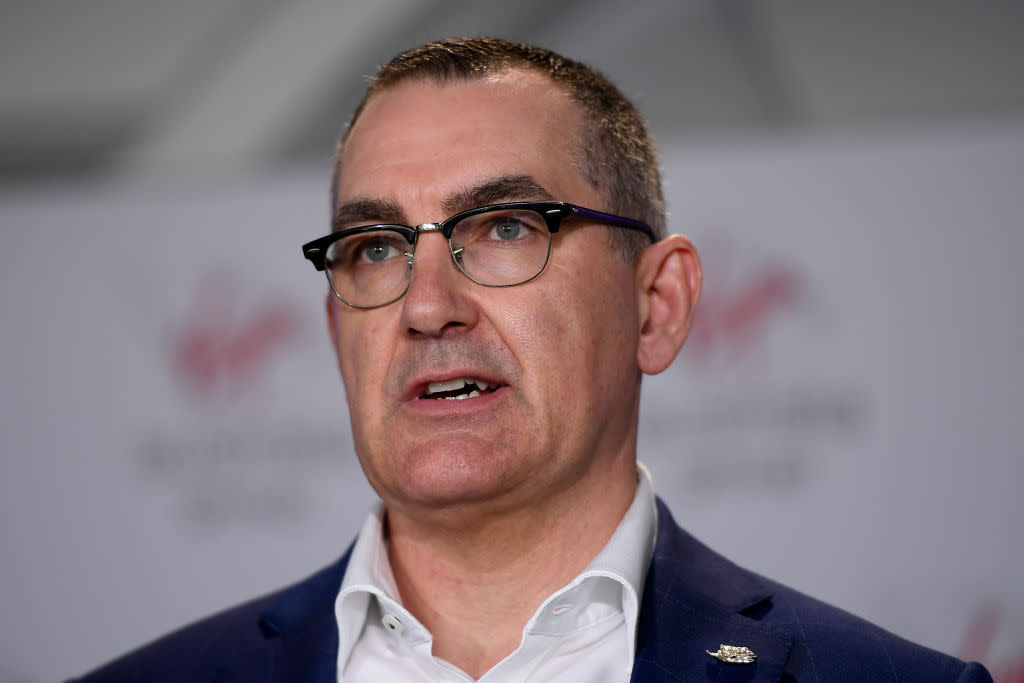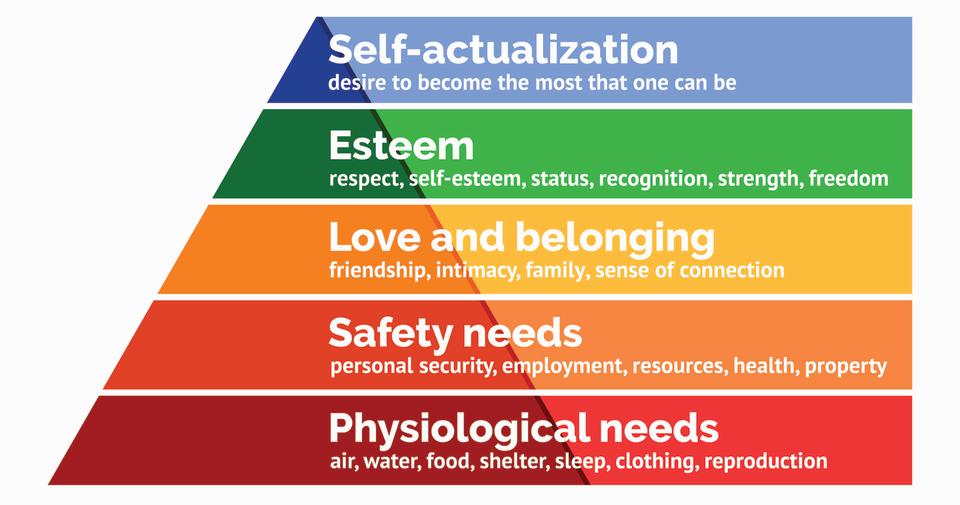Virgin CEO reveals airline’s new vision of ‘success’

As a leader, Virgin Australia CEO Paul Scurrah sees his role as communicating a strong vision for the company.
But when the Covid-19 pandemic wreaked havoc on airlines, Virgin was brought to its knees, and Scurrah knew the story had to change.
“I certainly think one of the key leadership traits is painting a picture or a vision for the company, or a picture of what success looks like,” he told Yahoo Finance Editor-in-Chief Sarah O’Carroll at the All Markets Summit on Thursday.
“You still need to do that. But our horizon is much shorter now, I think. And I think the definition of success has changed dramatically,” he said.
The typical vision of a ‘beacon on a hill’ had to be scrapped. “We had to redefine what success looked like,” said Scurrah.
“Success really became about survival.
“So we needed to make sure we remained calm and steady, that we had a vision. And importantly, what was our plan to get to that vision – which was just survival?”
Also read: 'Never compromise': How Virgin Australia CEO dealt with the Covid-19 crisis
Also read: ScoMo needs to ‘swallow political pride’: Kevin Rudd
Referencing Maslow’s hierarchy of needs, he said the airline had fallen “all the way back down to the bottom”.

Since March, Virgin Australia has cut 3,000 staff, cut the Tigarair brand and sold the company to US investment firm Bain Capital.
During the pandemic, Scurrah said his “enduring challenge” was “softening the blow” for his people, revealing he would have handled the redundancies differently if he could go back in time.
Cutting staff was “not something [he] wanted to do,” he said.
“I would've gotten to them quicker. Uncertainty is a major cause of stress and anxiety,” he said.
“I think we felt we were trying to preserve some hope for [staff] ... But hindsight is a wonderful thing.
“I think we took too long to get to the point of execution.”
“If I could do something differently… I would give that certainty.”
Flight prices will be ‘competitive’: Scurrah
The CEO also revealed that the cost of flights were set to go up, as new restrictions put pressure on airlines.
“That really cap[s] the amount of people that you can take on the plane and so it changes the economics completely of having to operate that plane,” he said.
“Some of them are underwritten by the government but there's still some pretty big airfares.”
However, he indicated there could be some good news when travel is allowed again, with healthy competition likely to keep prices low.
“But when the skies do open up again, there's going to be a need to stimulate demand and you will see some competitive airfares when it is safe to travel,” he said.
Flying to Ireland, for instance, might cost “something from $1500, $2000 return in economy.”
In terms of when flights would resume, Scurrah said it was “really hard to know exactly when it’s going to be”.
“It’s really a market-by-market assessment, it’s not a blanket approach.”
For instance, travel to New Zealand will likely happen sooner than travel to the US, he added.
Make your money work with Yahoo Finance’s daily newsletter. Sign up here and stay on top of the latest money, economy, property and work news.
Follow Yahoo Finance Australia on Facebook, Twitter, Instagram and LinkedIn.


